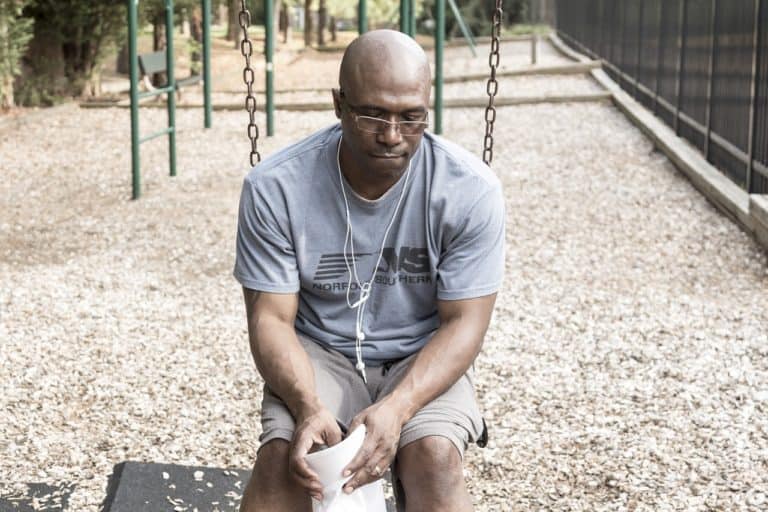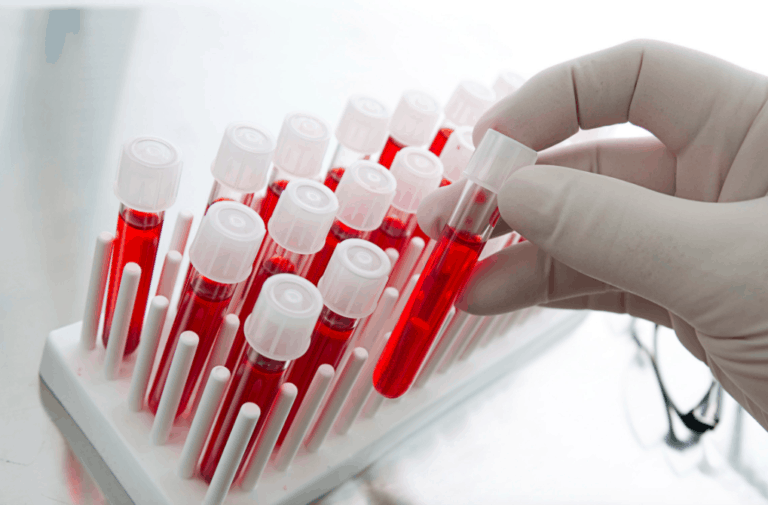Symptoms of BPH (enlarged prostate) will affect most men at some point as they age. By age 50, one-third of men will experience BPH-related symptoms, and by age 70, that number is 70 percent. Symptoms of BPH are unpredictable: some men who have an enlarged prostate experience mild symptoms while others may have only a minor enlargement yet suffer a great deal. Here are the urinary symptoms of BPH you may encounter.
1. Hesitation
Having to wait, for what can seem like forever, for the urinary stream to begin. Hesitation occurs because the enlarged prostate prevents the urethra from opening wide right away.
2. Starting and stopping
This is like driving in city traffic—all stops and starts. When it’s a struggle to keep the urine flowing, the bladder muscles eventually become overgrown, damaged, and weakened. Instead of being able to push all of the fluid out of the bladder with a single, strong and prolonged contraction, the muscles may react with a series of weak pushes that cause the urinary flow to stop and start. Just like driving in traffic, it’s very annoying.
3. Weak stream
Boys and young men typically fill the toilet bowl with bubbles when the urinary stream collides with the water. Not so if you have BPH. What happens is that the bladder muscles have been weakened by repeatedly trying to push the fluid through the narrowed prostate.
4. Dribbling
When the bladder muscles are strong and there is no resistance to the flow or urine, the bladder empties quickly and almost completely. The few drops that remain can be easily squeezed out. But when the urinary system has been weakened by BPH, more than a few drops remain in the bladder or urethra waiting for your final push. You think you’re done, but you’re not, thus the dribble.
5. Frequent urination
Having to run to the bathroom a lot, even if very little comes out, is a common problem for men who have BPH. The trigone, a part of the bladder that tells the brain when it’s time to urinate, becomes more and more sensitive as the bladder muscles become overgrown. Simply put, the trigone sends off too many “gotta go” messages. So you run to the bathroom, expecting a major flood, and a little trickle is all you get. Frequent urination is one of the symptoms of BPH caused by incomplete urination.
6. Incomplete urination
Eventually, a weakened bladder can become unable to empty itself completely, leaving some urine behind. Because the bladder never empties, it refills faster, which then triggers the urge to urinate sooner than you would expect. In advanced cases of BPH, the urge to go may happen every 45 to 60 minutes, or even more often.
7. Frequent nighttime urination (nocturia)
Men with BPH may need to get up and go to the bathroom two, three, or more times a night, making this one of the more annoying symptoms of BPH.
8. Urgency
An overworked and damaged bladder becomes overly sensitive and sends emergency signals to brain that you need to go immediately.
9. Urinary tract infections
Urine that is left behind in the bladder can become a breeding ground for bacteria, resulting in urinary tract infections.
10. Incontinence
Also known as leakage, men with BPH may experience this problem if damage to the bladder is extensive, making it impossible to control the flow of urine.
11. Inability to urinate
If the prostate overgrowth becomes too severe, the flow of urine may be blocked completely, causing acute urinary retention, which is an emergency. Seek medical treatment immediately.







